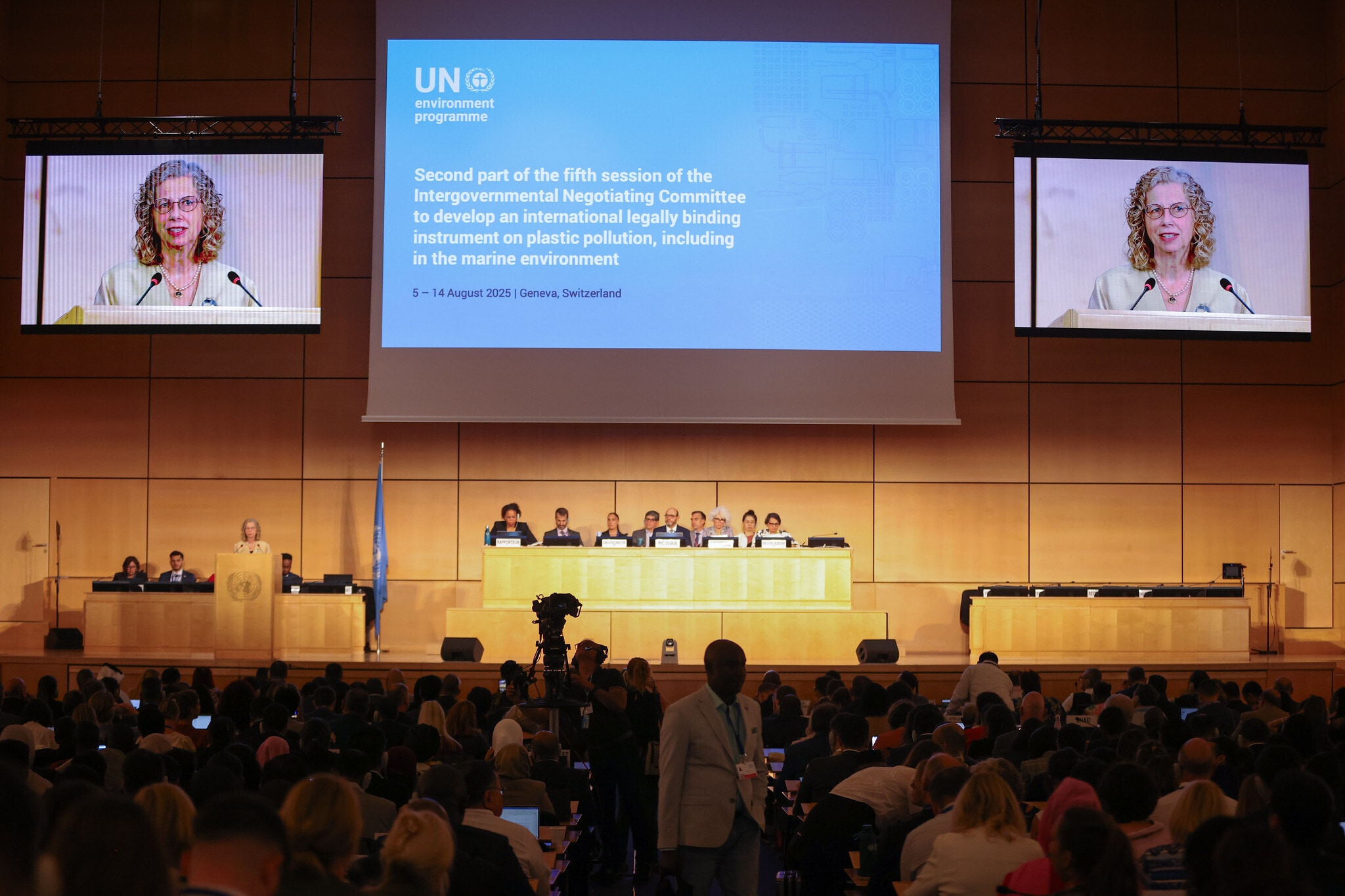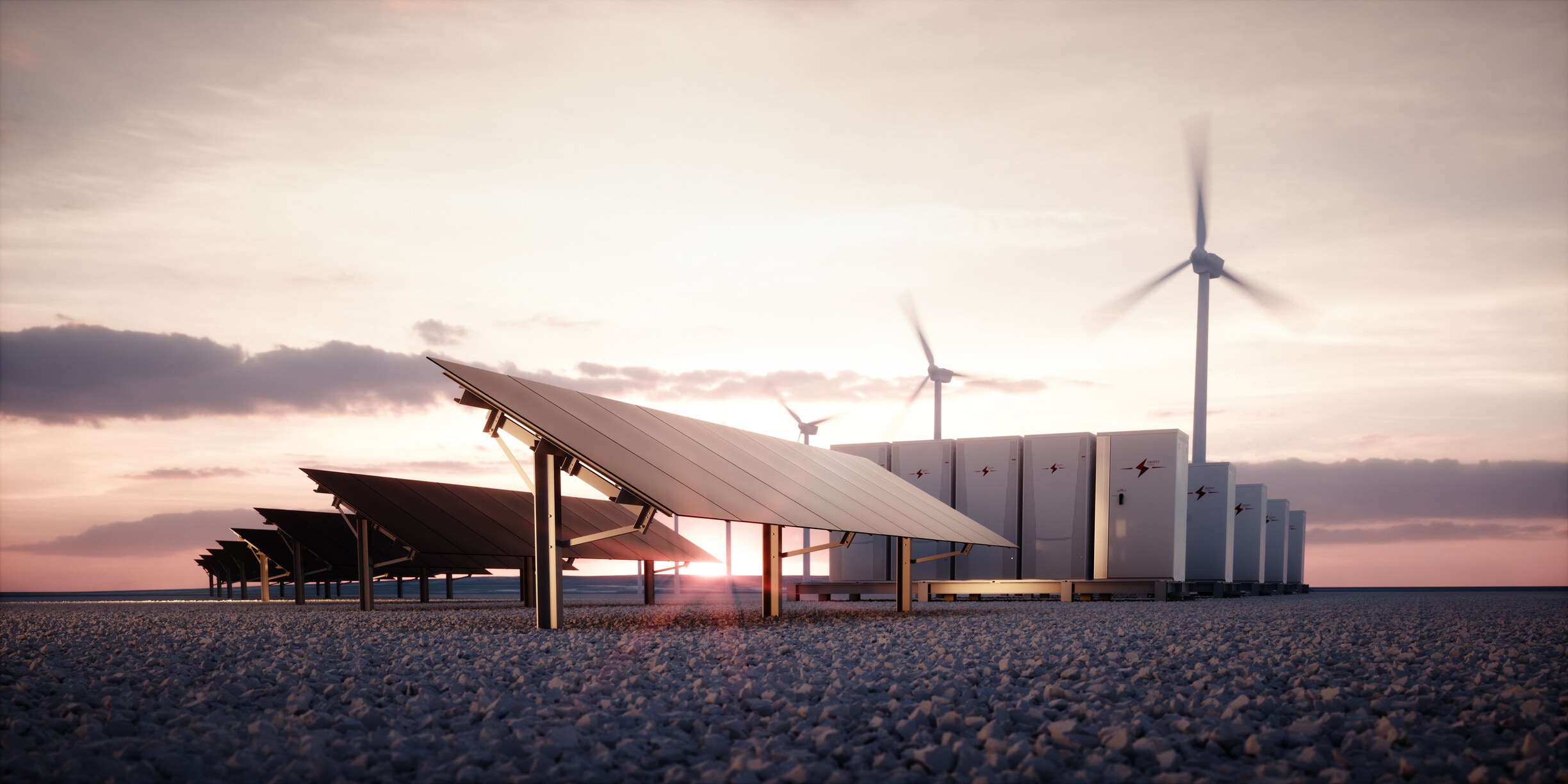Countries set to join carbon markets as the world demands a green economic transition
Carbon markets help mobilize resources and reduce costs to give countries and companies the space to smooth the low-carbon transition.
Image: Unsplash/S B
Stay up to date:
Climate Crisis
- An increasing number of countries want to participate in carbon markets to help them meet their climate change goals.
- Some countries are developing state-of-the-art digital infrastructure to ensure carbon reductions are accurately accounted and tracked.
- New and fast-evolving technologies – such as blockchain – can also help ensure transparency and that only one country can claim a particular carbon credit.
For decades, carbon markets have been seen as part of the solution to climate change. They have mostly been dominated by the private sector, but this will soon change. More than two thirds of countries are planning to use carbon markets to meet their Nationally Determined Contributions (NDCS) to the Paris Agreement. Countries such as Chile, Ghana, Jordan, Singapore and Vanuatu are already building end-to-end, state-of-the-art digital infrastructure to support their participation in international carbon markets.
These innovative digital solutions are fast evolving as a new international carbon market nears reality. Delegates at the 2021 global climate change meeting, COP26 in Glasgow, approved Article 6 – the Paris Agreement’s rulebook governing global carbon markets. The approval gave the green light to a market where countries can trade carbon credits generated by the reduction or removal of greenhouse (GHG) emissions from the atmosphere -- such as by switching from fossil fuel to renewable energy or by increasing or conserving carbon stocks in ecosystems such as a forest.
Reducing GHG emissions is becoming urgent as countries around the world experience the intensifying impacts of climate change. “The pace of decarbonization and adaptation needs to be accelerated and carbon markets provide an option to offset the costs of moving away from fossil fuels and towards a green economic transition,” said World Bank Senior Energy Specialist Monali Ranade.
Carbon markets help mobilize resources and reduce costs to give countries and companies the space to smooth the low-carbon transition. It is estimated that trading in carbon credits could reduce the cost of implementing NDCs by more than half – by as much as $250 billion by 2030. Over time, carbon markets are expected to become redundant as every country gets to net zero emissions and the need to trade emissions diminishes.
Under Article 6, countries will be able to cooperate in different ways to achieve their climate goals. The key to successfully reducing global GHG emissions through carbon markets could be digital infrastructure that keeps verified data secure and ensures that reductions are accurately accounted and tracked.
This digital infrastructure comprises Monitoring, Reporting and Verification (MRV) systems with GHG emissions and emission reductions data linked to national or international Registries. New and fast evolving technologies– such as blockchain technology – can further help ensure transparency and that carbon credits can only be claimed by one country: either the country that avoided or removed the GHG emissions, or the country that bought it in the form of a carbon credit for different uses.
Jordan’s Pioneering Path to Addressing the Climate Crisis: Carbon Market
The country is facing significant climate challenges: temperature increases, precipitation decreases, increased incidents of drought and water lost to evaporation. At the same time, it remains heavily dependent on fossil-fuel imports, with limited natural resources and extremely scarce water supply for a population of 10.3 million that includes more than a million refugees. Extreme heat and water scarcity are driving up energy demand, creating fiscal burden and affecting economic competitiveness.
It was the first developing country to build MRV and GHG Registry systems to international standards that are the key building blocks for future emissions trading working with the World Bank’s Climate Warehouse program and Partnership for Market Implementation (PMI) to develop and test this digital infrastructure.
To prepare for its MRV system, Jordan enacted a climate change bylaw in 2019 setting the institutional and regulatory framework on climate change across the government. With the help of PMR, the precursor to PMI, Jordan set up its MRV system to track emissions in sectors such as energy, transport, and agriculture, calculate emissions and emission reductions, and tag the results to its NDC. Its registry system was set up to support the transaction process of eligible projects in the international carbon markets. Amid this process, it was decided to make the software open source and offered it to any interested country.
The work is also continuing in Jordan. The country is formulating a long-term, low-emission strategy to achieve sustainable, long-term, low-carbon economic growth. In 2020, Jordan launched a 10-year National Energy Sector Strategy to improve its energy mix and reduce carbon emissions by 10% in 2030, reducing its reliance on imports. Under a new project, the Jordan Inclusive, Transparent and Climate Responsive Investments Program For Results, the MRV system is expanded to 22 agencies and ministries. The project will help integrate climate change into decision-making and enable the country’s MRV system to calculate emission reductions for climate-responsive projects to see if they are eligible for the carbon market.
From Jordan to the MNA region and beyond:
“Jordan is a pioneer in the climate space,” said World Bank Senior Climate Change Specialist Harikumar Gadde. “Jordan is the first developing country in the world to have this kind of comprehensive system. Its MRV system is of such high quality that we are standardizing it to enable its implementation in other countries under our new initiative, the Partnership for Market Implementation.”
The system is already being replicated for West Bank and Gaza and Sri Lanka with the PMR’s help. Many other countries in the Middle East and North Africa region, Africa, Latin America and Asia have expressed interest in the open source MRV and registry systems.
More is also happening in MENA region – host of the next two global climate change meetings: COP27 this November in Sharm el-Sheikh, Egypt, and COP28 in the United Arab Emirates in 2023. Countries including Saudi Arabia, Oman, United Arab Emirates, and Bahrain have announced net zero targets. Saudi Arabia’s Public Investment Fund and the Saudi Tadawul Group, which owns the Saudi Exchange, have launched the Riyadh Voluntary Exchange Platform for the trade of verified, approved, and high-quality carbon credits and credits produced in the region.
What’s the World Economic Forum doing about climate change?
Accept our marketing cookies to access this content.
These cookies are currently disabled in your browser.
Don't miss any update on this topic
Create a free account and access your personalized content collection with our latest publications and analyses.
License and Republishing
World Economic Forum articles may be republished in accordance with the Creative Commons Attribution-NonCommercial-NoDerivatives 4.0 International Public License, and in accordance with our Terms of Use.
The views expressed in this article are those of the author alone and not the World Economic Forum.
Related topics:
Forum Stories newsletter
Bringing you weekly curated insights and analysis on the global issues that matter.
More on Climate ActionSee all
Lim Chow-Kiat
August 21, 2025
Tom Crowfoot
August 20, 2025
Charlotte Edmond and Rebecca Geldard
August 19, 2025
Yufang Jia and William Jernigan
August 18, 2025
Jürgen Karl Zattler and Adrian Severin Schmieg
August 18, 2025
Piyush Verma
August 18, 2025





